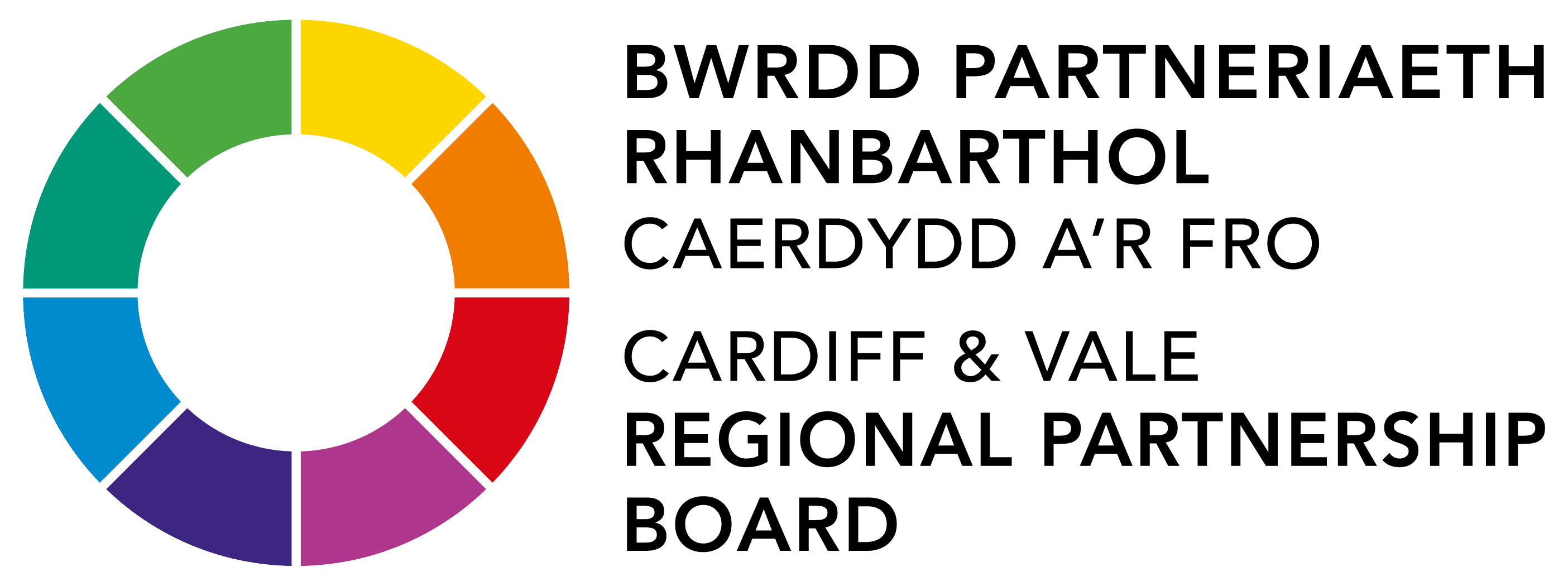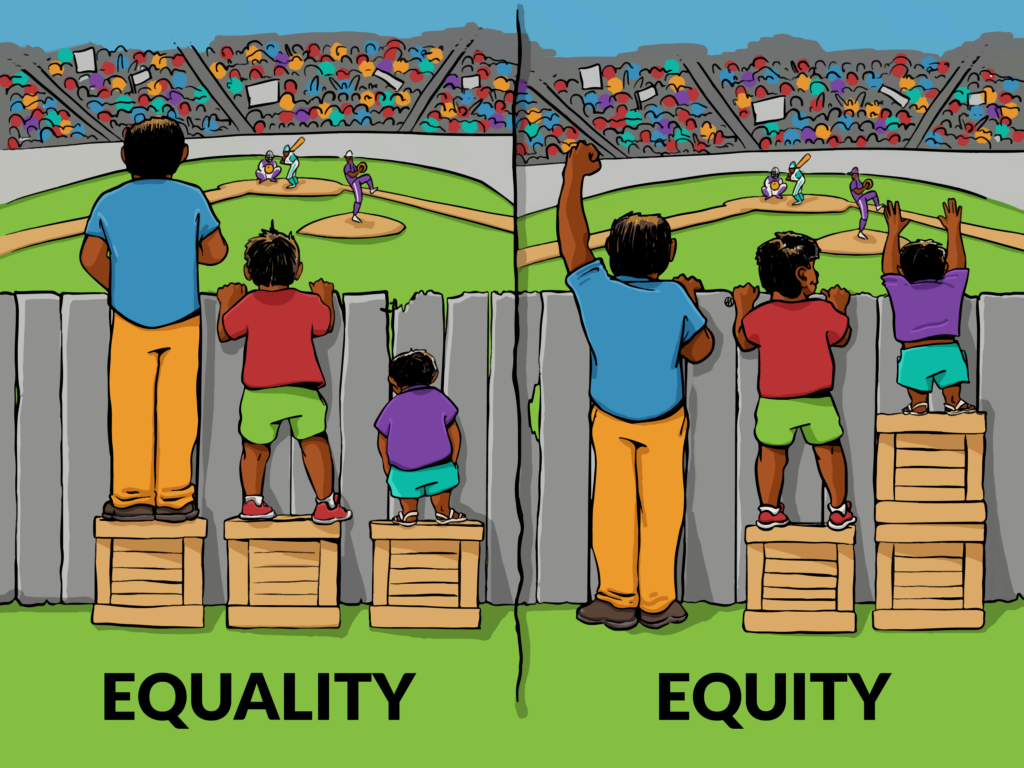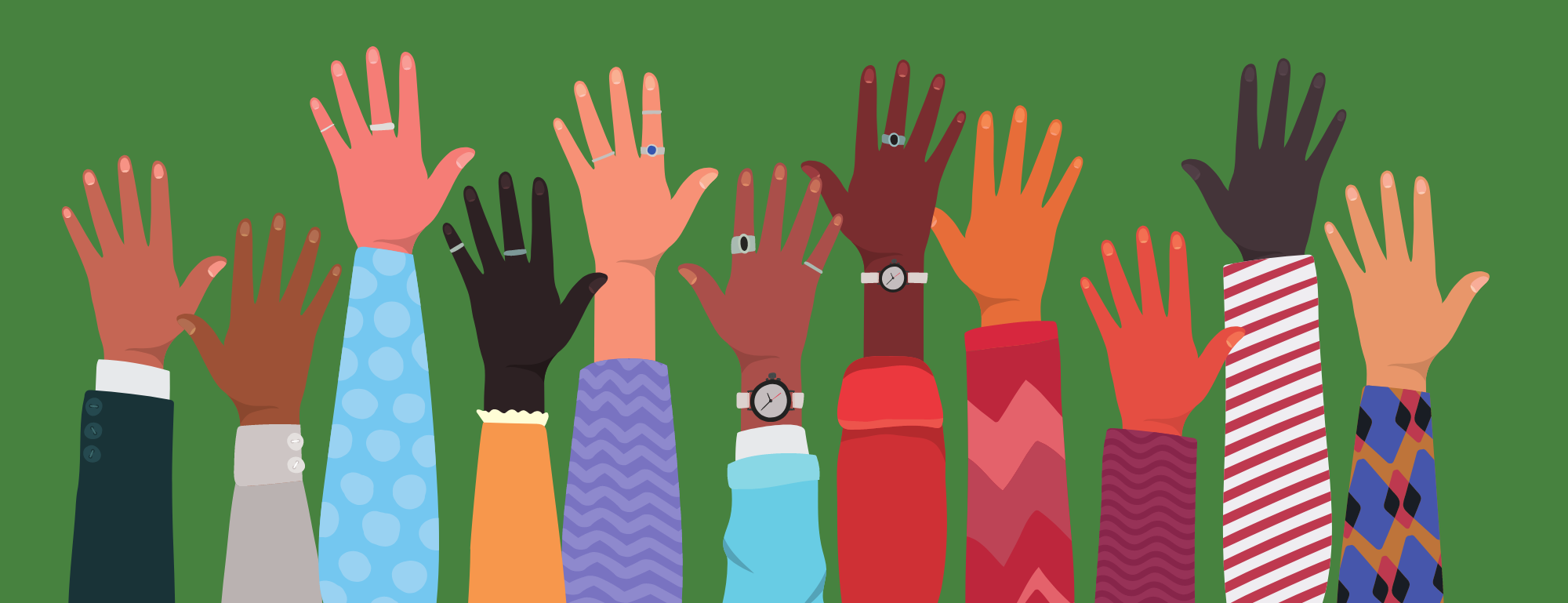
Health Inclusion, Inequality and Inequity
Health inclusion approaches are increasingly being used in the UK to tackle health inequalities and poor health outcomes experienced by specific groups.
Below is a collection of some of the work going on in Cardiff and Vale and further across Wales to move towards a more equal and inclusive health and social care system.
What do we mean by ‘health inequality’?
Health inequalities are avoidable or unfair differences in health across the population. There is a clear need to tackle health inequalities and Welsh Government has committed to doing so in it’s A Healthier Wales plan.
The differences that people might experience include:
- Life expectancy
- Quality or experience of care
- Access to care
- Prevalence of health conditions
Some of the factors that can contribute to health inequalities include:
- Socioeconomic background or status
- Protected characteristics, such as ethnicity, disability, sex, sexuality and religion
- Socially excluded groups, such as asylum seekers, sex workers and people experiencing homeless
- Geographical location, such as rural or urban
EQUALITY
Giving everyone the same opportunities or resources regardless of circumstance.
EQUITY
Acknowledges that each person or groups has different circumstances and adjusts opportunities and resources accordingly.
The King’s Fund have published an insightful explainer that explores the issue of health inequalities further and provides the following examples of health inequalities in the UK:
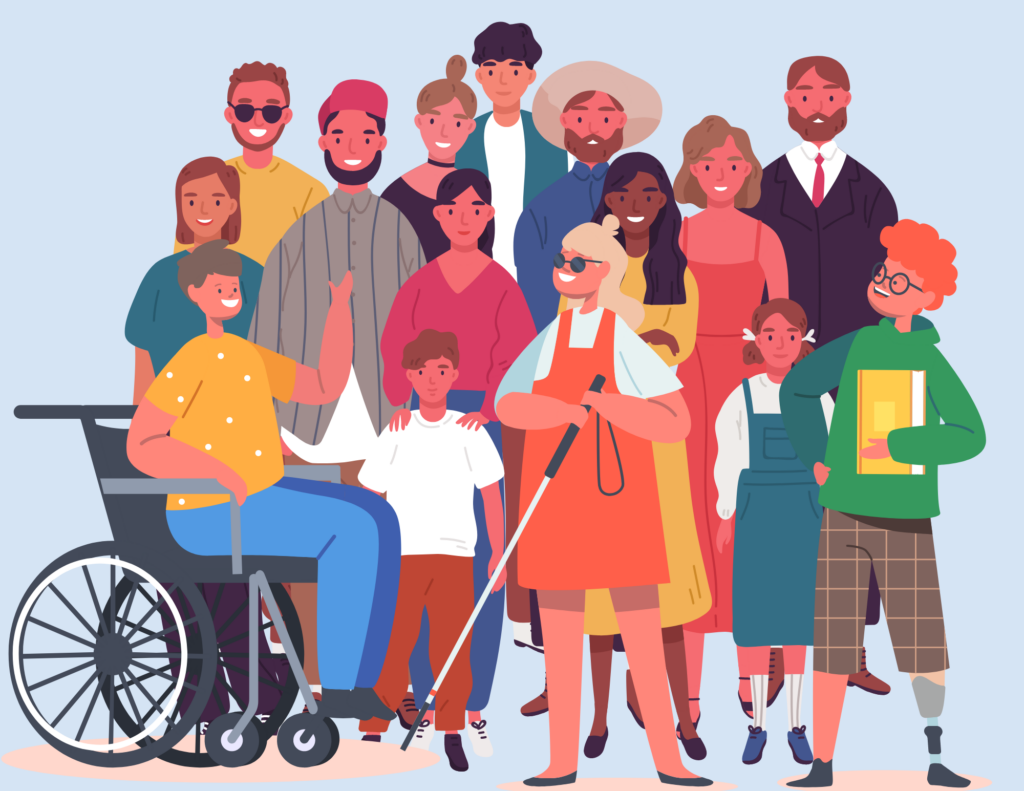
- People who identify as LGBT experience higher rates of poor mental ill-health and lower wellbeing than those who do not identify as LGBT
- People from ethnic minority groups are more likely than white British people to report limiting long-term illness and poor health, with those identifying as white Gypsy and Irish Traveller reporting the poorest health
- The poorest 10 per cent of UK households would need to spend, after housing costs, 74 per cent of their income on food in order to follow the government’s official guidance on a healthy diet – compared to only 6 per cent of income for the richest 10 per cent of households.
Spreading Good Practice
Storytelling is a huge part of what we do to showcase great innovations. We tell the stories of those at the heart of our services so similar services can be spread, scaled and adopted across our region and beyond.
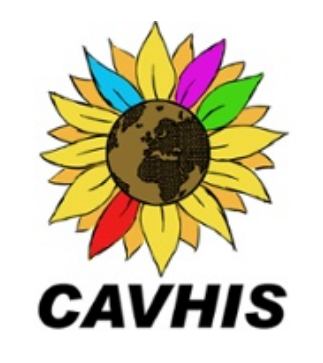
Cardiff and Vale Health Inclusion Service
How Partnership Working Is Vital For Health Inclusion
In September 2021, Cardiff and Vale Health Inclusion Service was launched to address the poor health outcomes experienced by these groups. We spoke to Dr Ayla Cosh, Clinical Director of the service, to hear more about how this service came about, why it is so vitally needed and how it couldn’t be done without partnership working.
“Partnership working is the mainstay with regards to the development and running of Health inclusion services, the multiple exclusion that these individuals face cannot be addressed by any sector alone”
Ayla Cosh, Clinical Director, Cardiff and Vale Health Inclusion Service
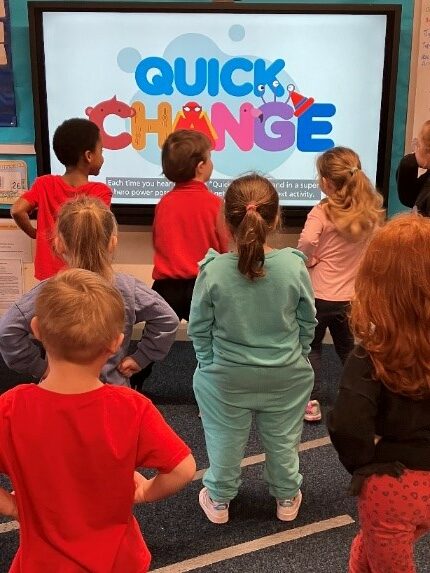
Quick Change – A Hop, skip and a Jump into Inclusion
Award Winning Innovations
The RIC Hub have caught up with QuickChange, a collaborative pilot project between Cardiff and Vale UHB Paediatric Podiatry Services and the Local Public Health Team. QuickChange is a short animation aimed at increasing daily physical activity for 4-6 year olds. The project has recently won the UK Public Health Register award for Improving Public Health Practice to Reduce Health Inequalities.
In this case study, Stephen Coombs and Martha-Jane Powell talk about how this innovative project came about, how it addresses inequality and inclusion, and what they’ve got planned next.
“We’ve got to try and turn the corner to reduce ill health which can be preventable. The only way I can see to turn that corner it through encouraging children to be keen to get involved in exercise, for them to be willing to participate and want to take part in their own health”
Stephen Coombs, Podiatry Professional Lead, Cardiff and Vale UHB
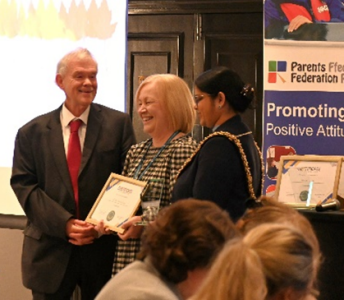
Ty’r Bont Transition Service
Award Winning Innovations
Transitioning from school to adulthood can be challenging for anyone but it can be especially challenging for people with complex needs. The Ty’r Bont Transition Service aims to address this by providing a service which enables young people to get support from highly skilled staff, engage in meaningful opportunities that are important to them and develop new skills and experiences for adult life. But most importantly it allows young people to stay local and thrive!
Ty’r Bont Transition Service is a unique partnership between Adult Social Services and Education, based at Ty Gwyn Special School, and is funded by Cardiff Council with financial support from the Welsh Government Regional Integration Fund. The service recently won an Understanding Disability award, from the Parents Federation in Cardiff in recognition of the fantastic work it does.
Read more about how it’s made a difference to a young girl with learning difficulties by clicking below.
“We believe that a well-planned transition that is co-produced with the young person and their networks is important for any young person, but we believe this is essential for a young person with complex needs and can have long-term gains and benefits for them”
Julie Reed, Day Service Manager, Adult Social Services
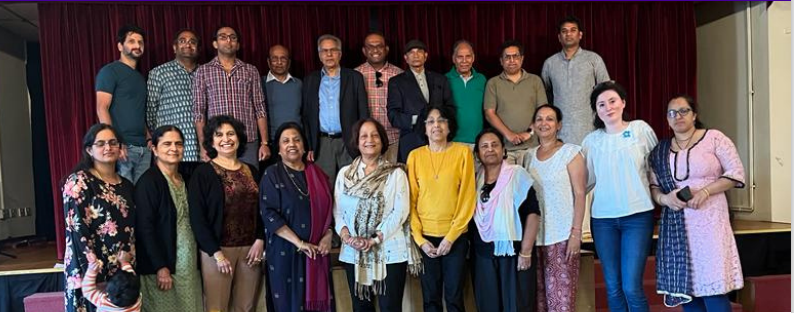
Dementia – Opening Doors to Brain Workout
Tailoring Engagement to Communities
If we are going to tackle health inequalities, we need to know more about how people experience care. Engaging with the public and communities helps us to understand the perspectives of people who access health and social care services and helps shape future services. In Cardiff and the Vale of Glamorgan there is an incredibly diverse population, with people from a variety of ethnic groups, socioeconomic circumstances and a wide age range. This means there can be different challenges to engage due to diverse needs and beliefs of people.
Tailoring engagement events to specific communities can help us to understand the cultural nuances within those communities. This can lead to a better understanding of how communities experience the health and social care systems, cultural taboos, differences in language and what people in different communities place value on.
We caught up with Versha Sood to learn more about how the Regional Partnership Board’s Dementia Programme is tackling health inequalities and engaging with the public to develop better services.
“Actively involving people and communities in our work is what is most important”
Versha Sood, Dementia Lead, Cardiff and Vale Regional Partnership Board
Transracial Fostercare
The Power of Education and Understanding
Children and young people who have been in foster care have poorer health outcomes than their peers who have not experienced foster care, often due to Adverse Childhood Experiences and insecure attachments. Foster children from BAME backgrounds often get placed with foster carers of a different ethnicity to them, which is referred to as a transracial foster care placement. This can present additional challenges for children in care regarding issues of identity and belonging.
The Hub worked with Enfys to tell the story of Tinesha, a young girl in a transracial foster care placement, with the hope of raising awareness of this often overlooked issue. In this film, Tinesha shares her experience of challenges she has faced as well as some ways her foster carer has adapted to support her to explore her cultural identity.
Enfys is a developmental trauma service, which works predominantly with foster carers and social workers to help them understand the child, given differences in backgrounds and circumstances, and respond to needs in a therapeutic way.
“The advice I’d give foster carers who are fostering children of a different ethnicity is definitely education and cultural sensitivity”
Tinesha
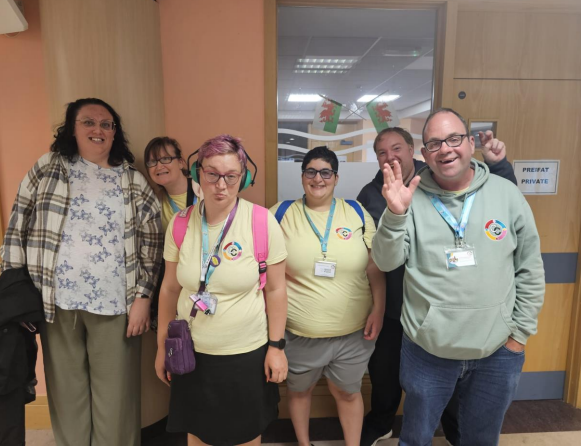
North Wales Health Screening Project
Annual Health Checks
People with learning disabilities may find it harder to identify health problems and seek treatment than those who don’t have a learning disability. To tackle this health inequality, NICE recommends that everyone with a learning disability be offered an annual health check through their GP. Health checks provide a way to detect, treat and prevent health conditions that might otherwise have been unrecognised.
However, evidence suggests that only 25% of people with a learning disability are registered with their GP and a lot of people aren’t aware that they can have an annual health check. In response to this, the Health Screening Project was launched in North Wales in June 2021.
The project aimed to promote annual health checks and screenings and employed 8 individuals with learning disabilities as health screening advocates to achieve this.
A Toolkit for Supporting Refugee and Asylum-Seeking Children and Young People
North Wales RIC Hub supported the North Wales Social Care and Wellbeing Services Improvement Collaborative to develop a toolkit for supporting refugee and asylum seeking children and young people.
As part of the toolkit, North Wales RIC Hub conducted a literature search, which highlighted some of the issues experienced by child asylum seekers and refugees. This includes a number of pre- and post-migration issues, as well as an increased risk of mental health problems such as:
- Post-Traumatic Stress Disorder
- Depression
- Self-harm
- Behaviour problems
- Anxiety
The toolkit provides recommendations and good practice examples of how best to support this population group.
Newsletters
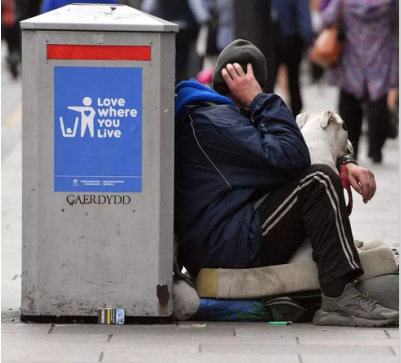
In this newsletter, we’ve collated some of the great work going on in the region and beyond to move towards a more equal and inclusive health and social care system.
Our Priorities

DECHRAU’N DDA
STARTING WELL
We want every child in Cardiff and Vale to have the opportunity to thrive. Our work focuses on children in vulnerable situations and the services that support them.

HENEIDDIO’N DDA
AGEING WELL
We know how hard it can be to find help when people need it the most. We want to make sure there is community support to help people stay as healthy as possible so they can carry on doing the things that matter most to them.
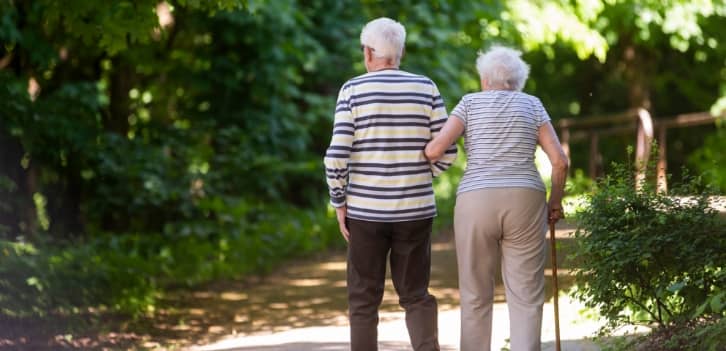
BYW’N DDA
LIVING WELL
As a Partnership we have worked together with people with a learning disability, their families, carers and the third and independent sector to produce a clear direction for the planning and delivery of adult learning disability services across the region over the next five years.
